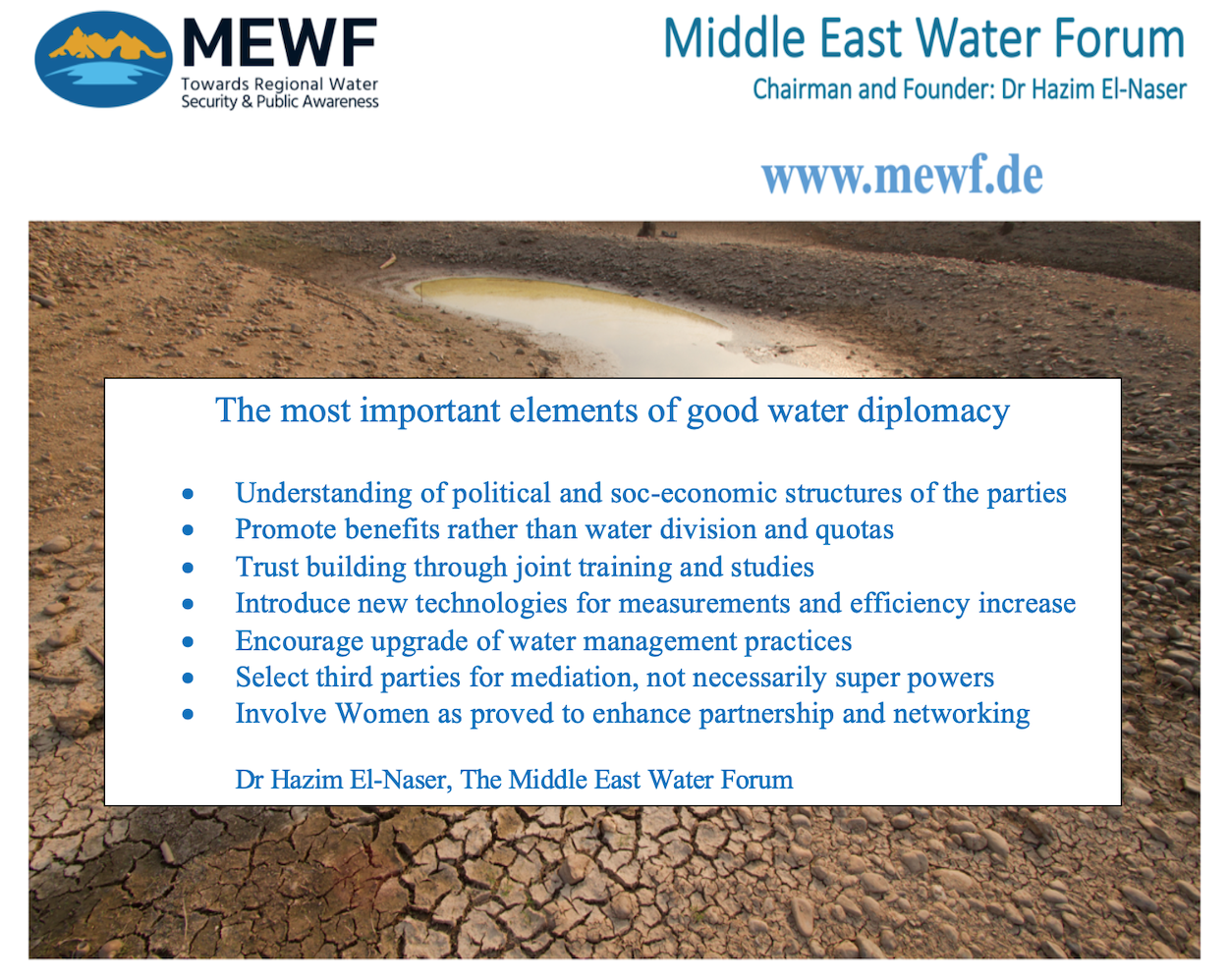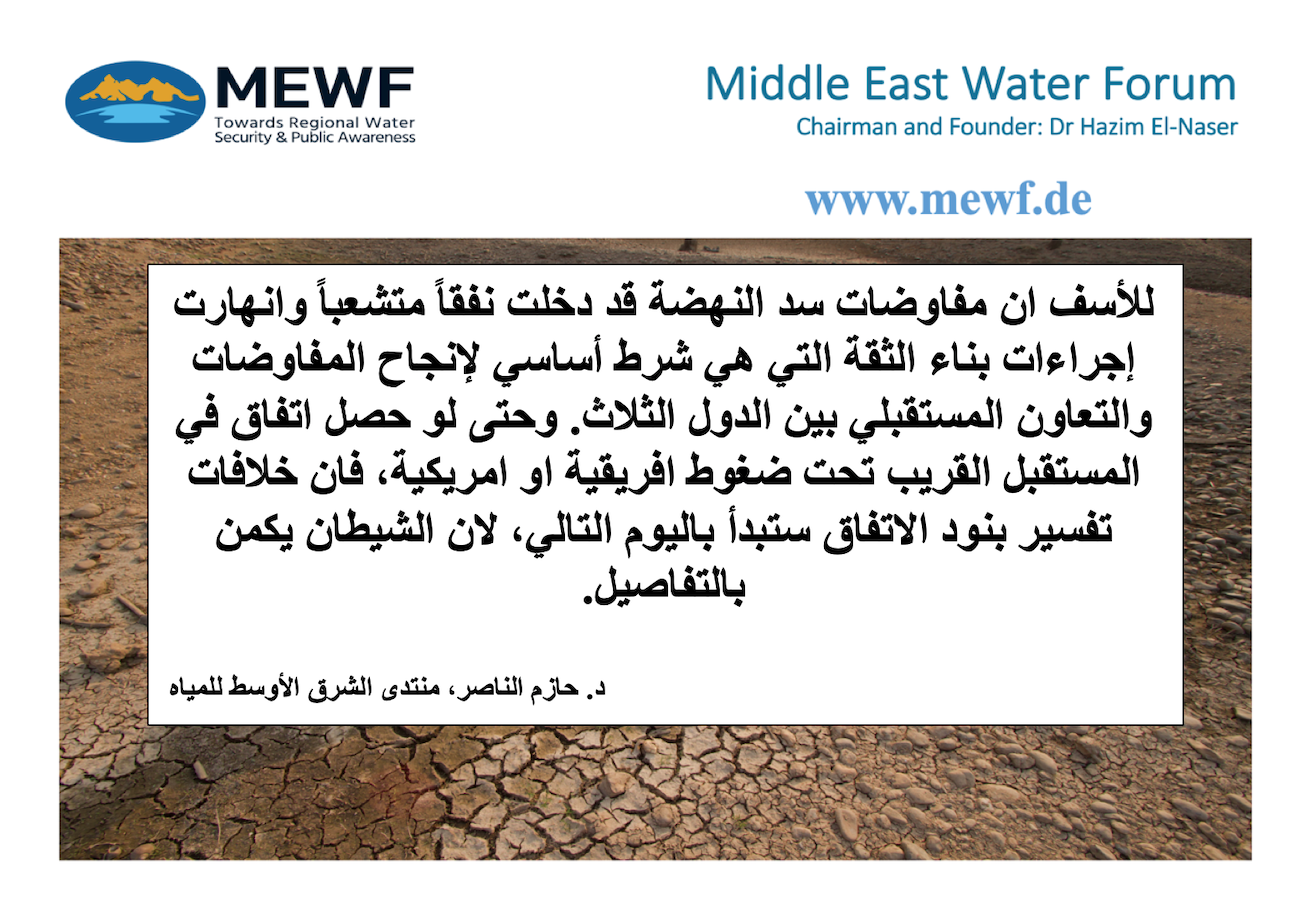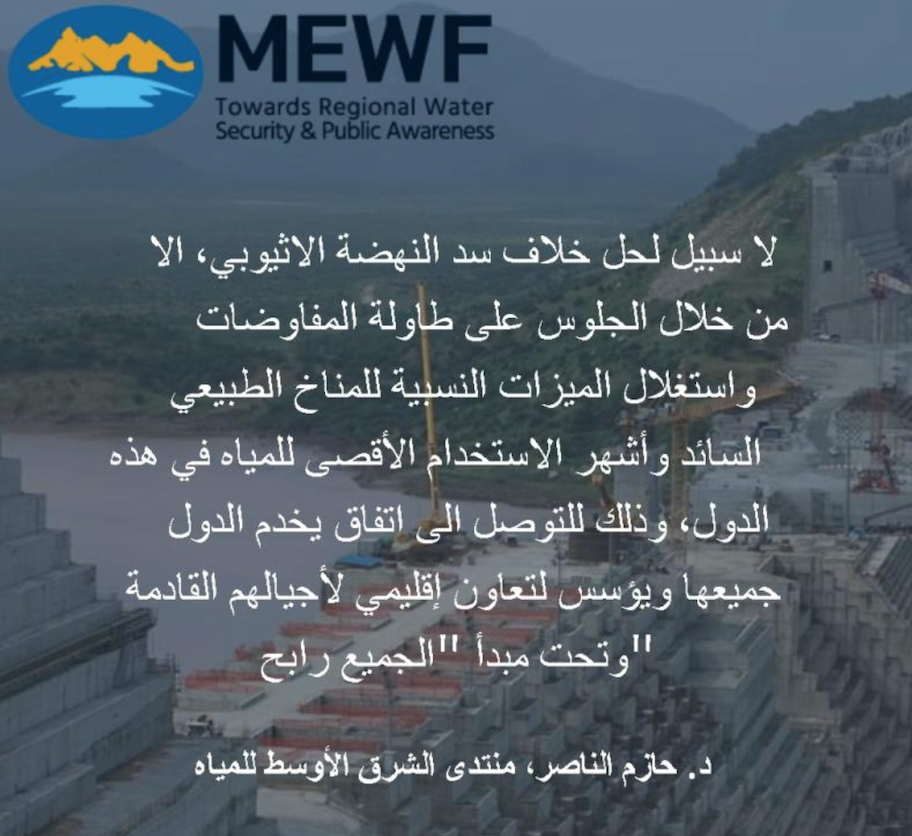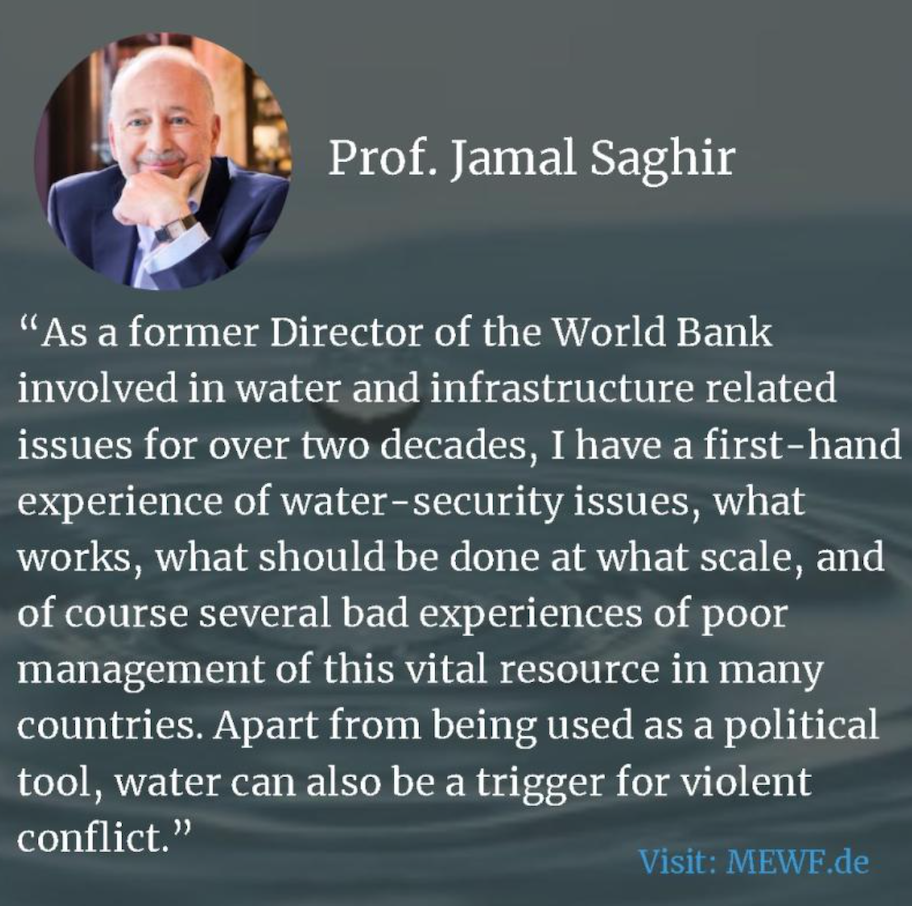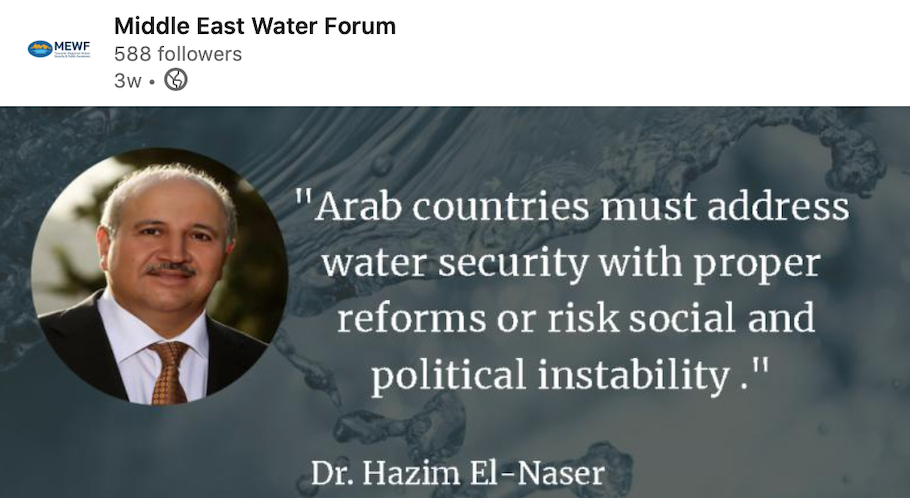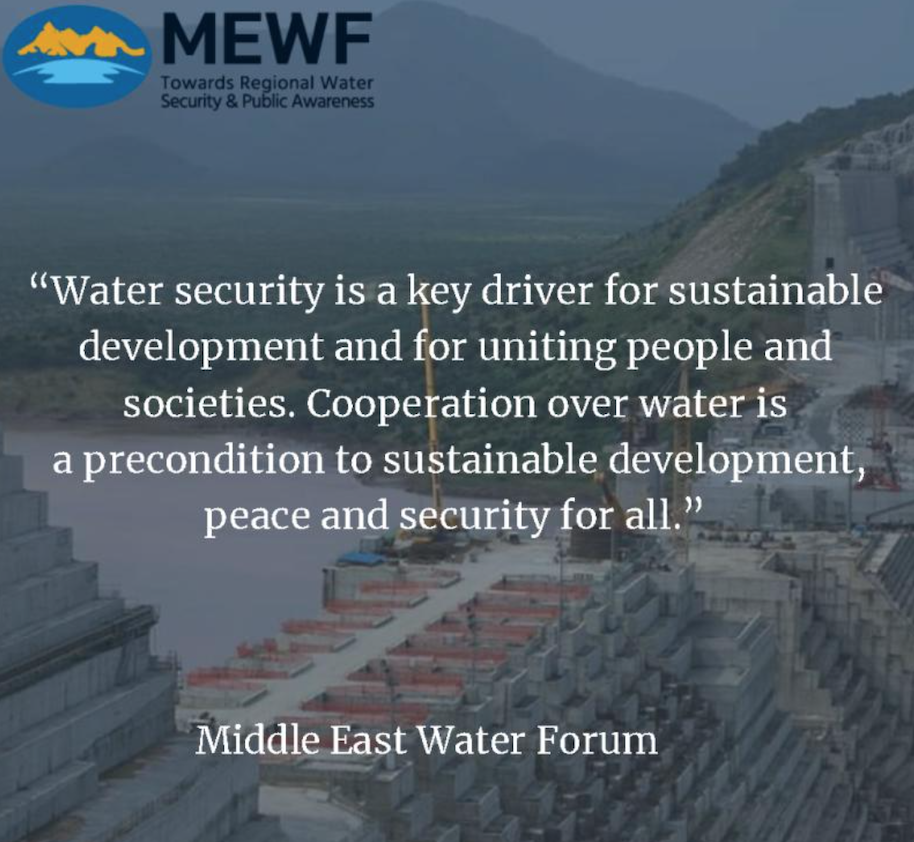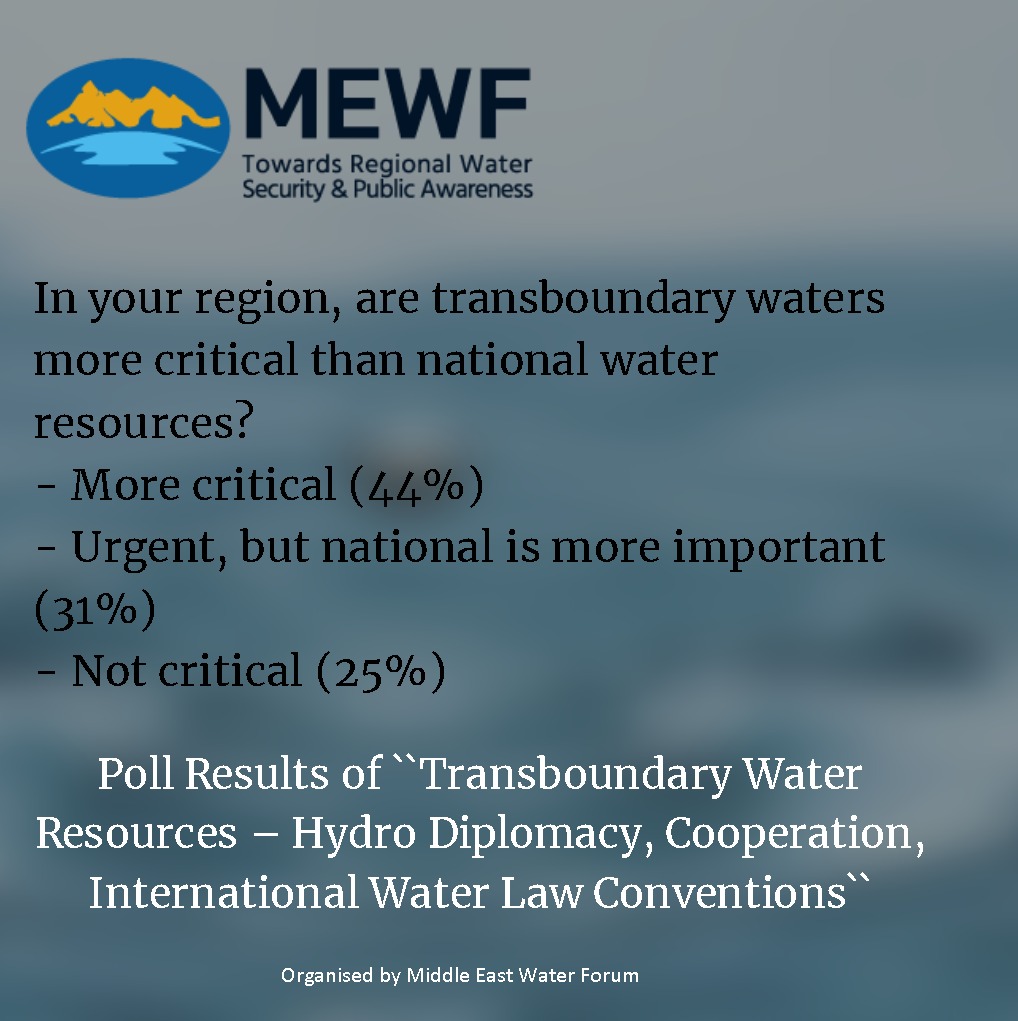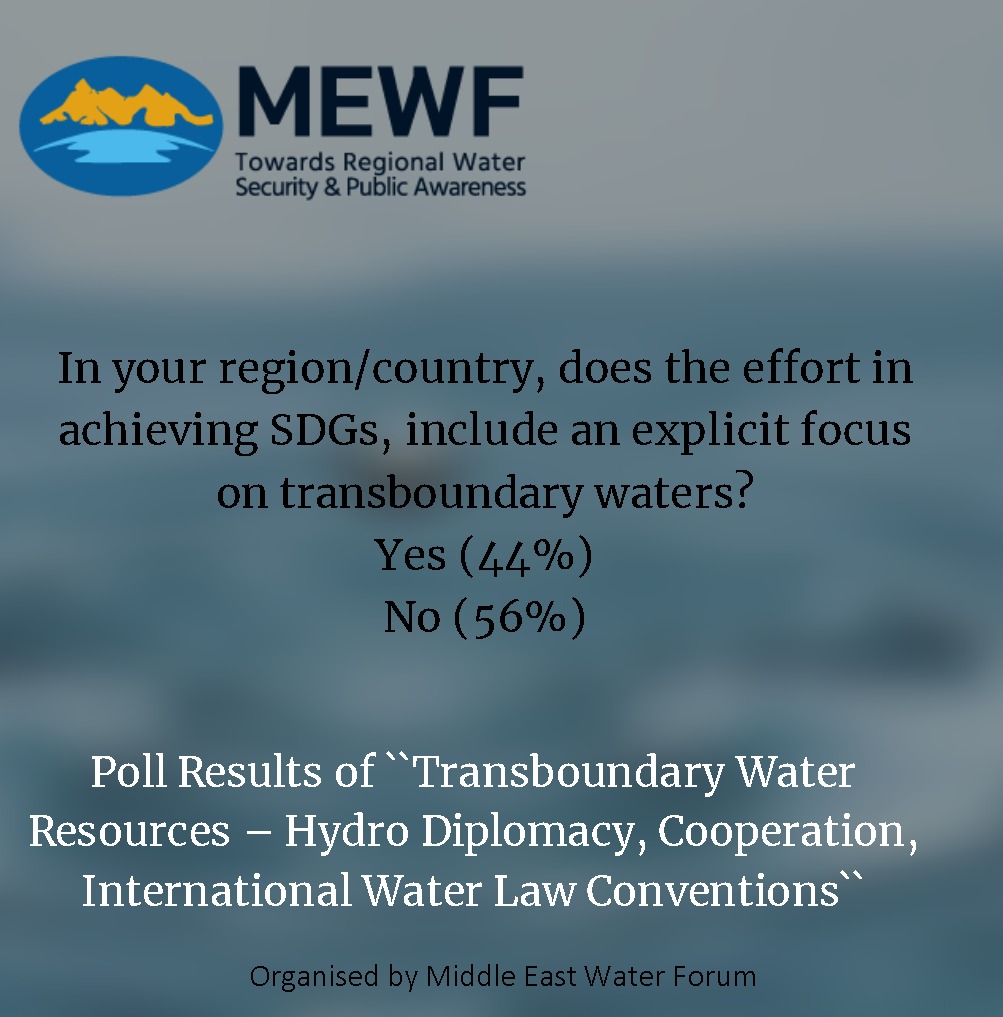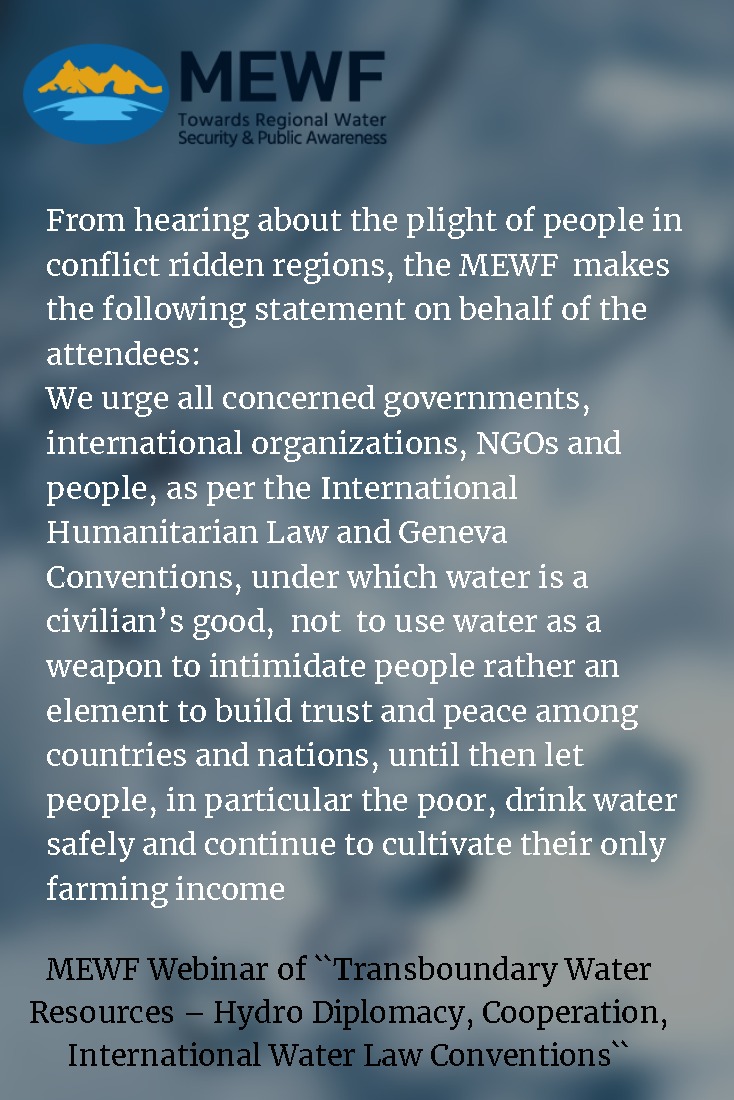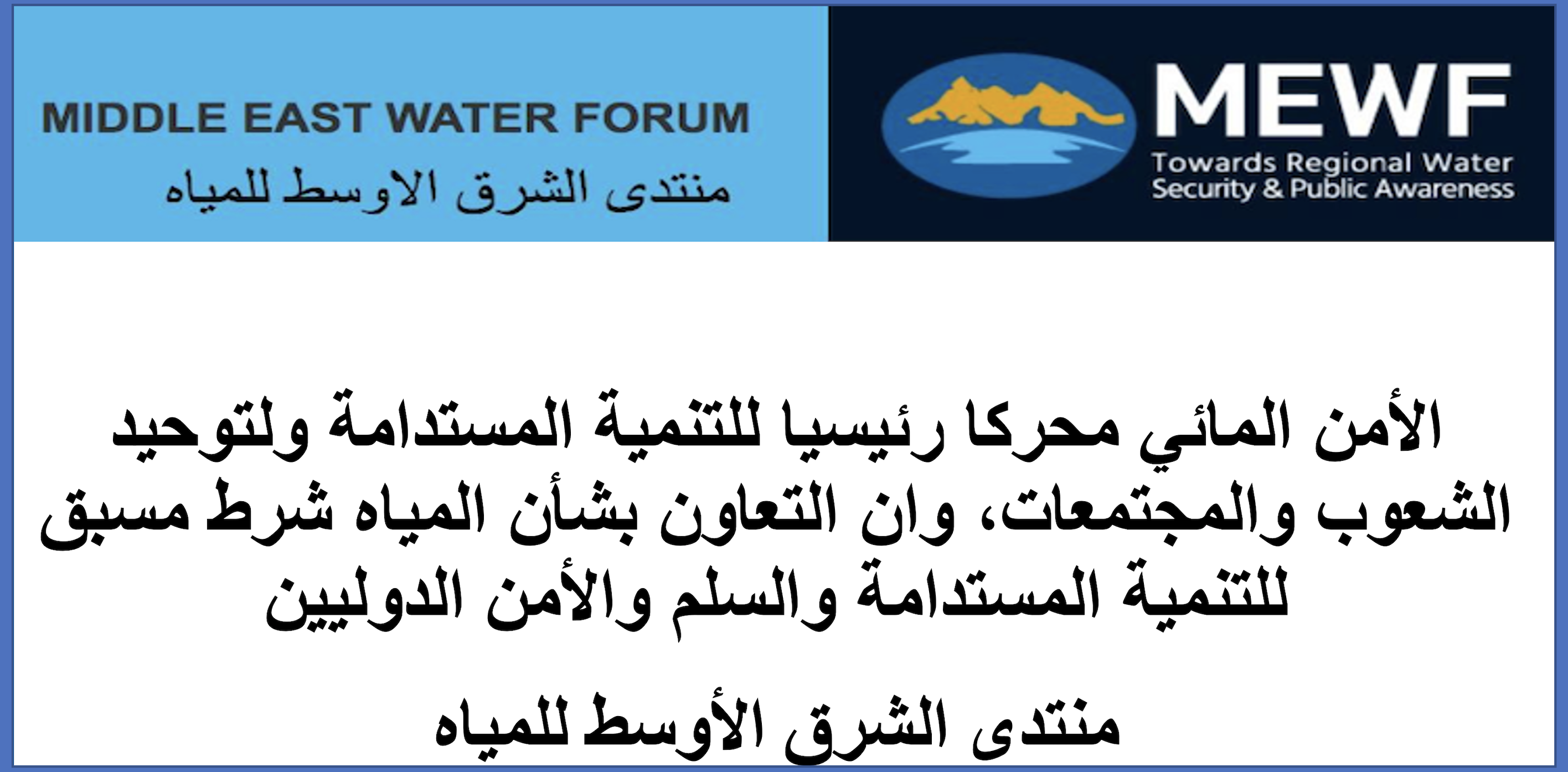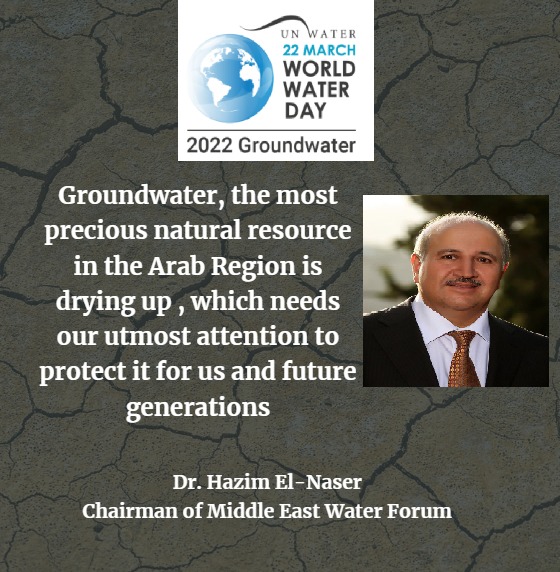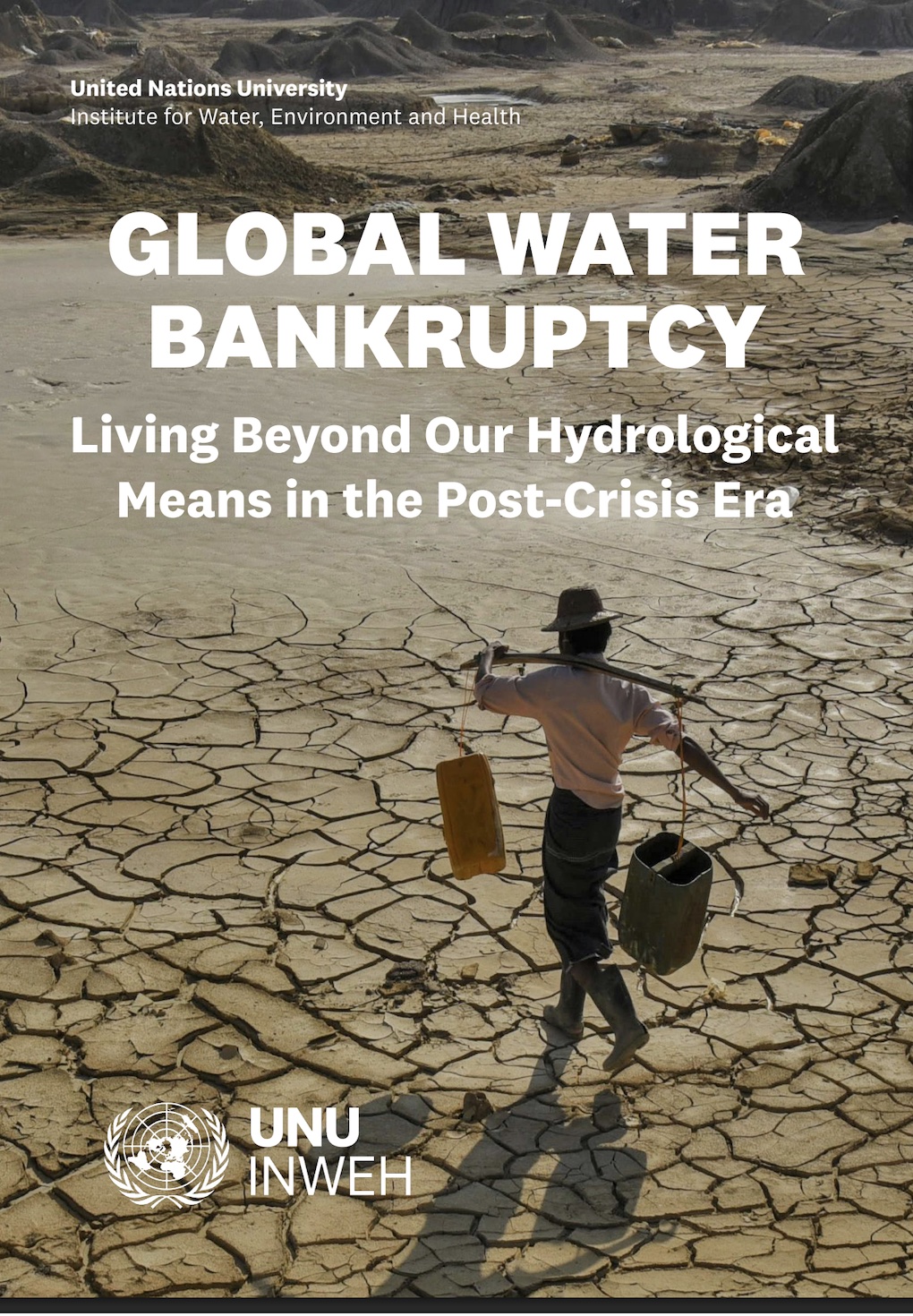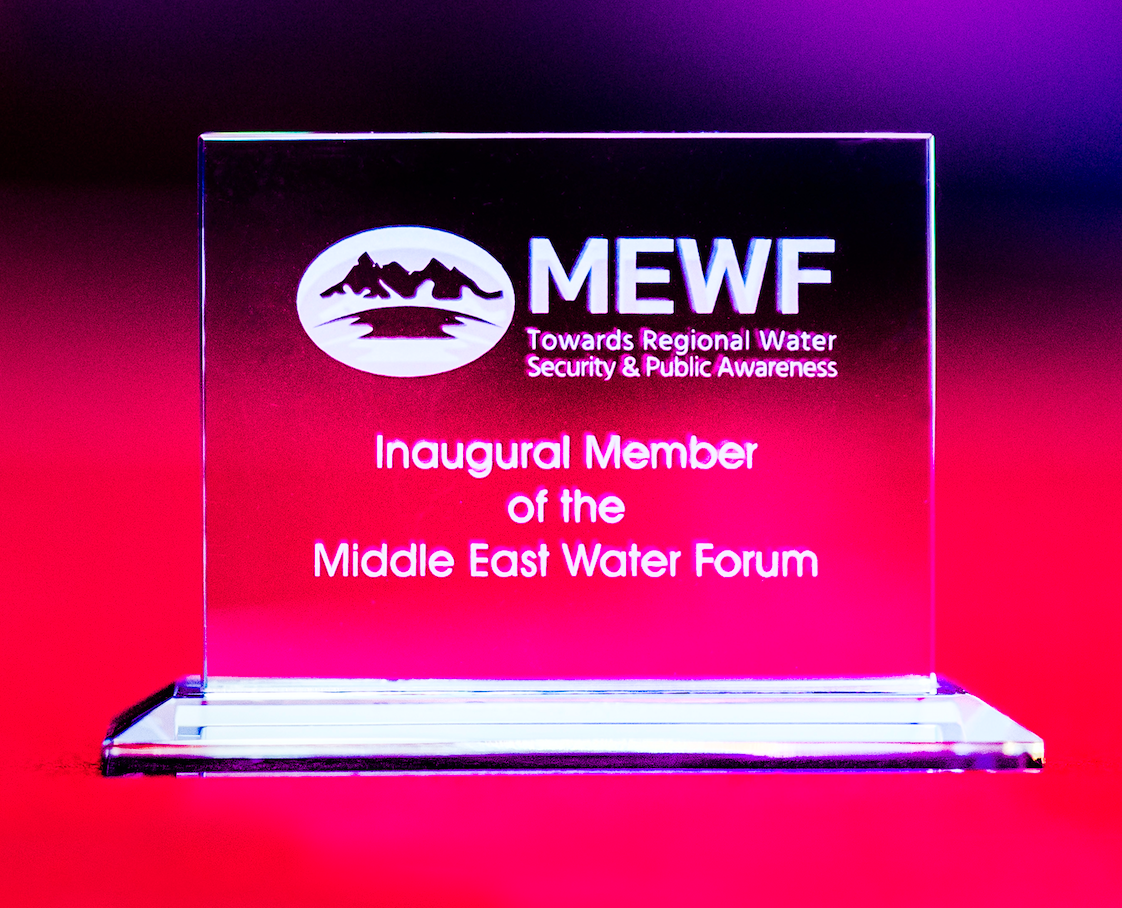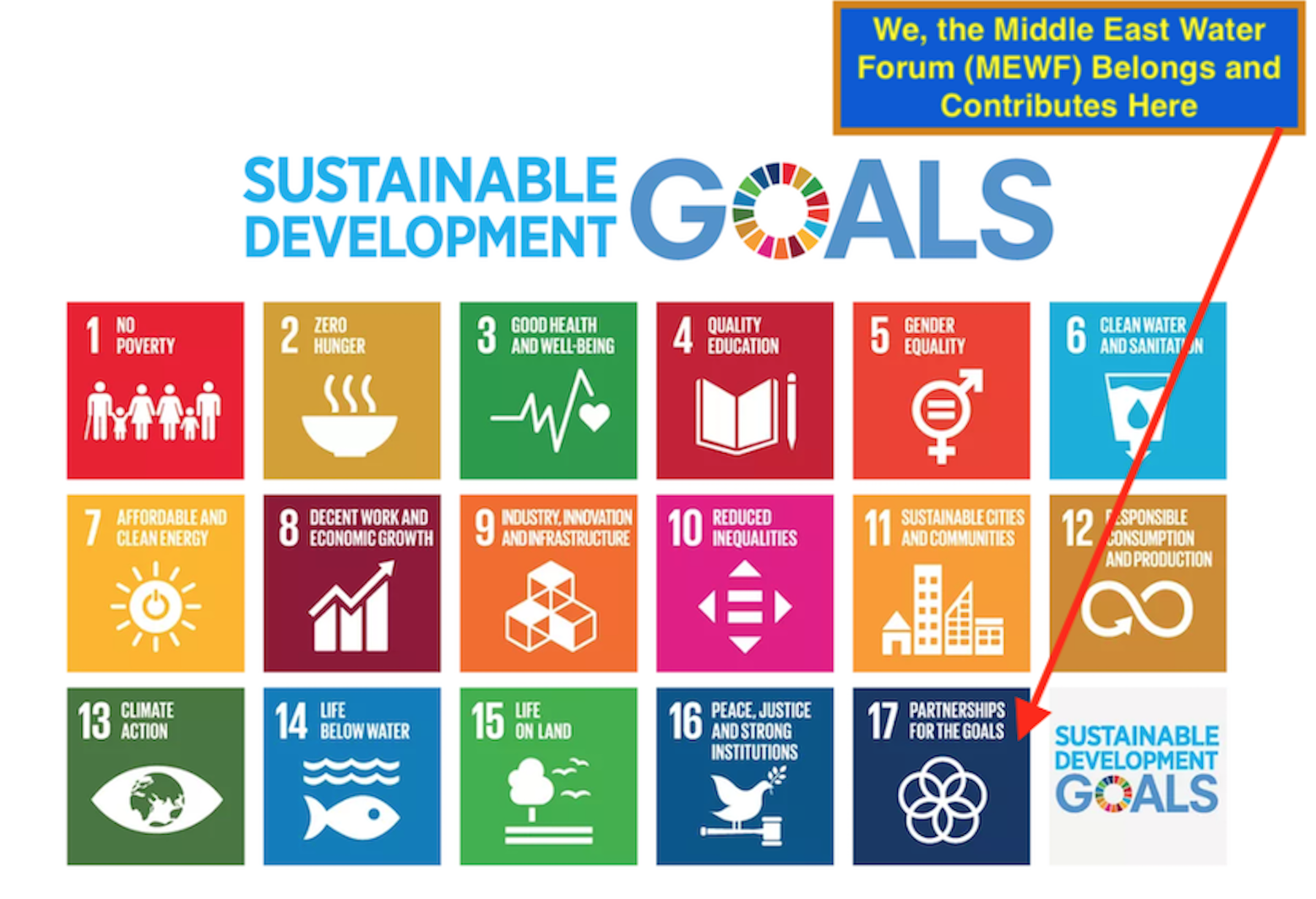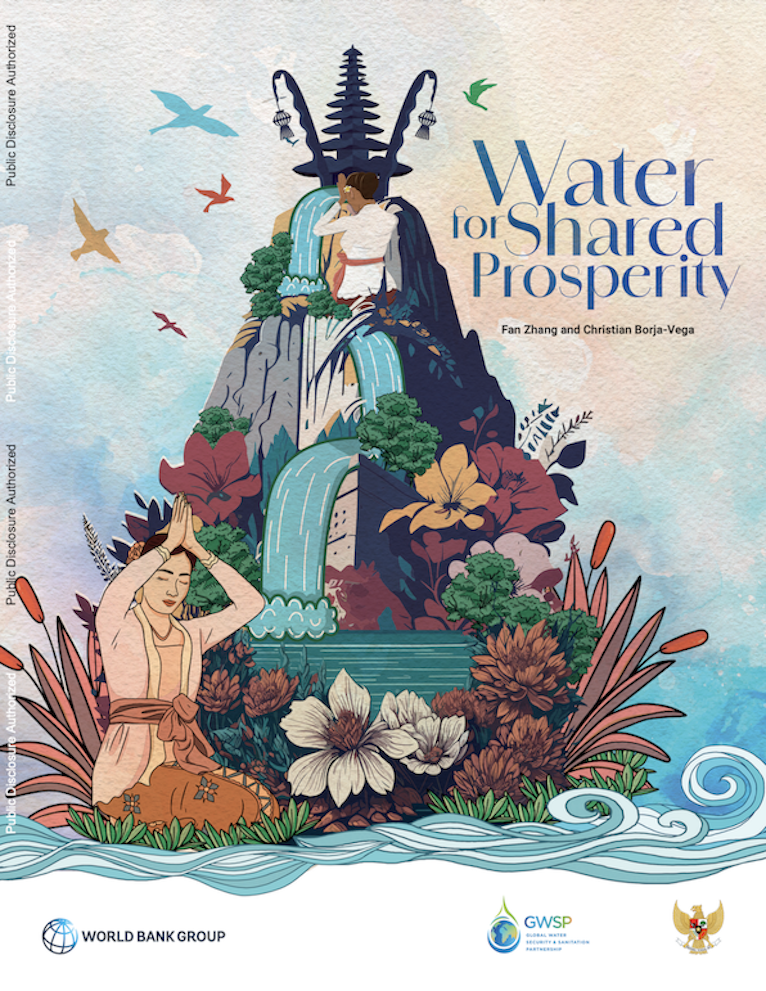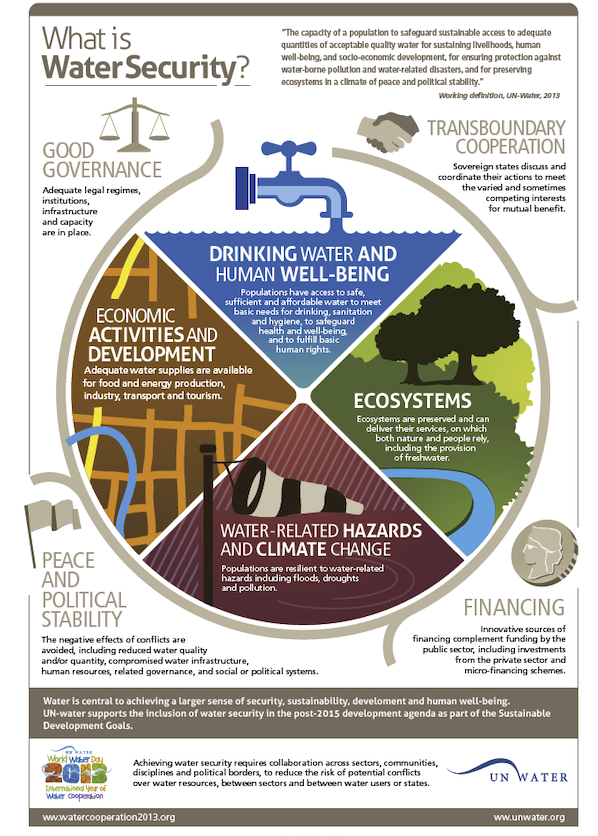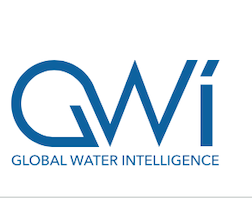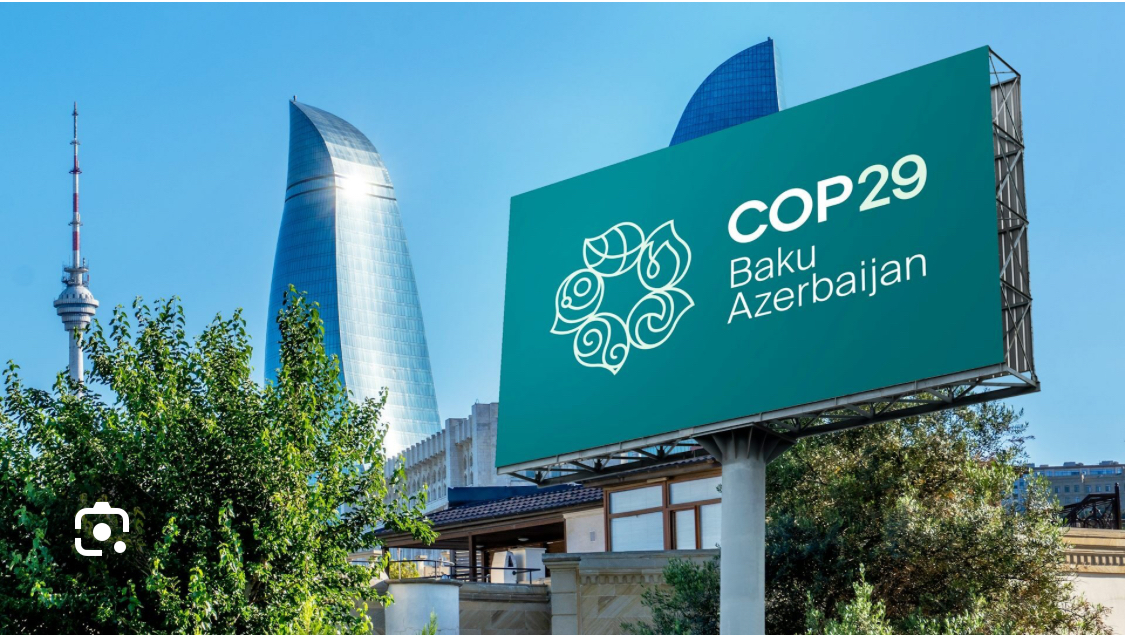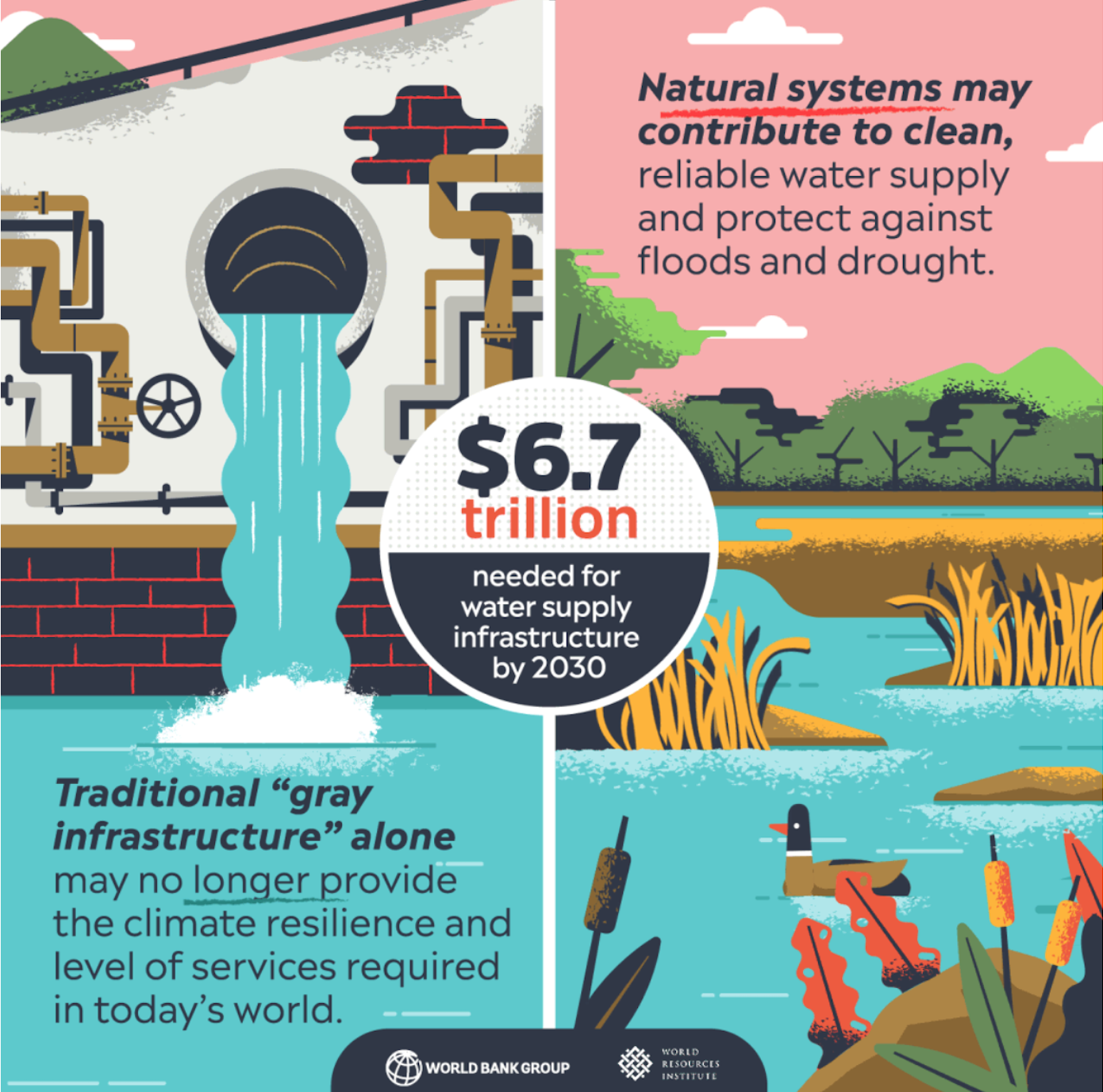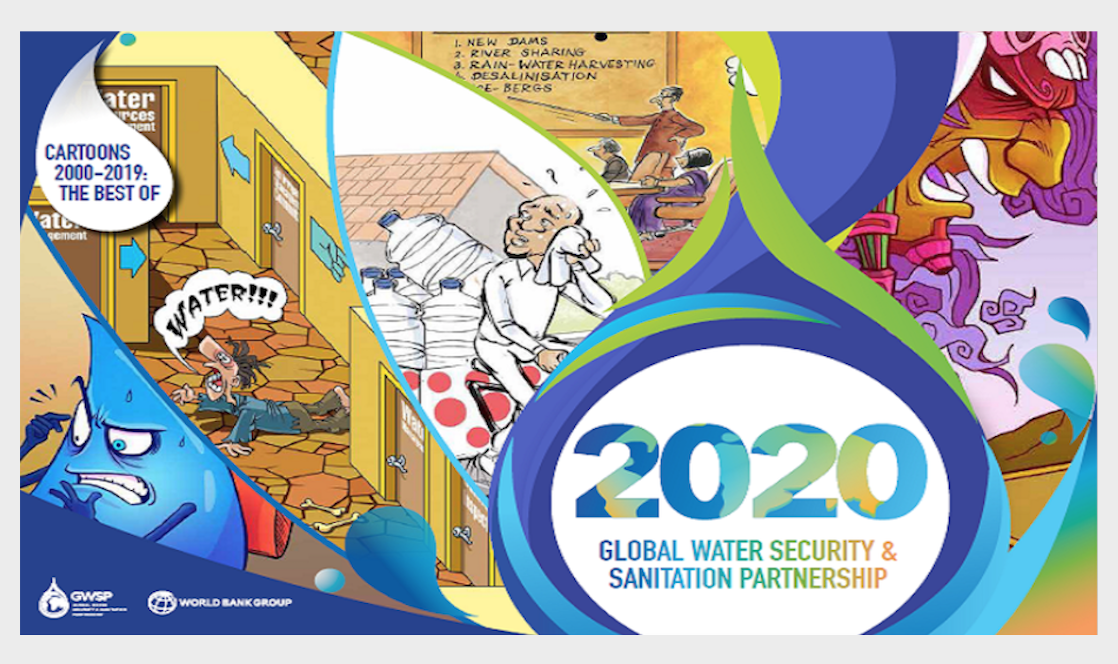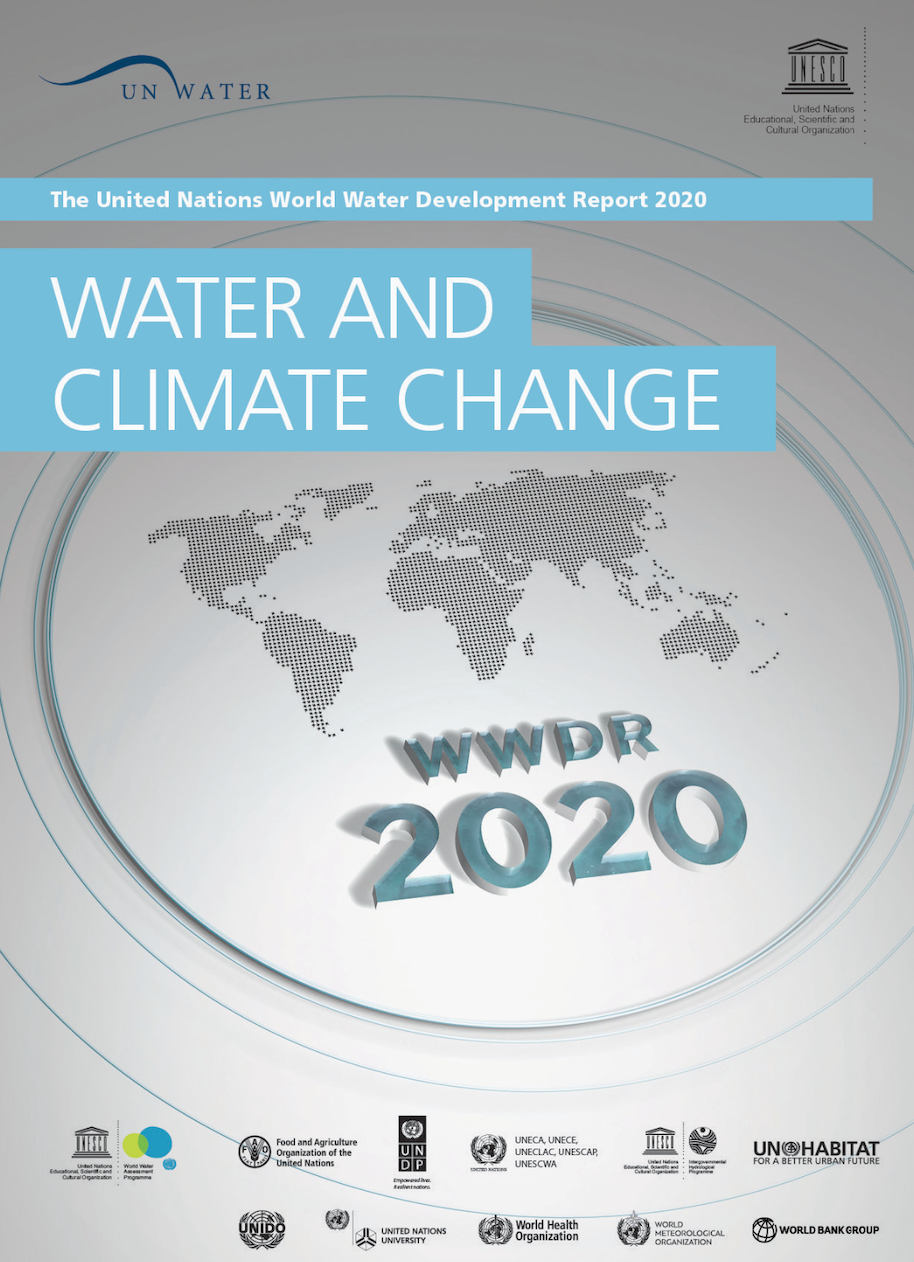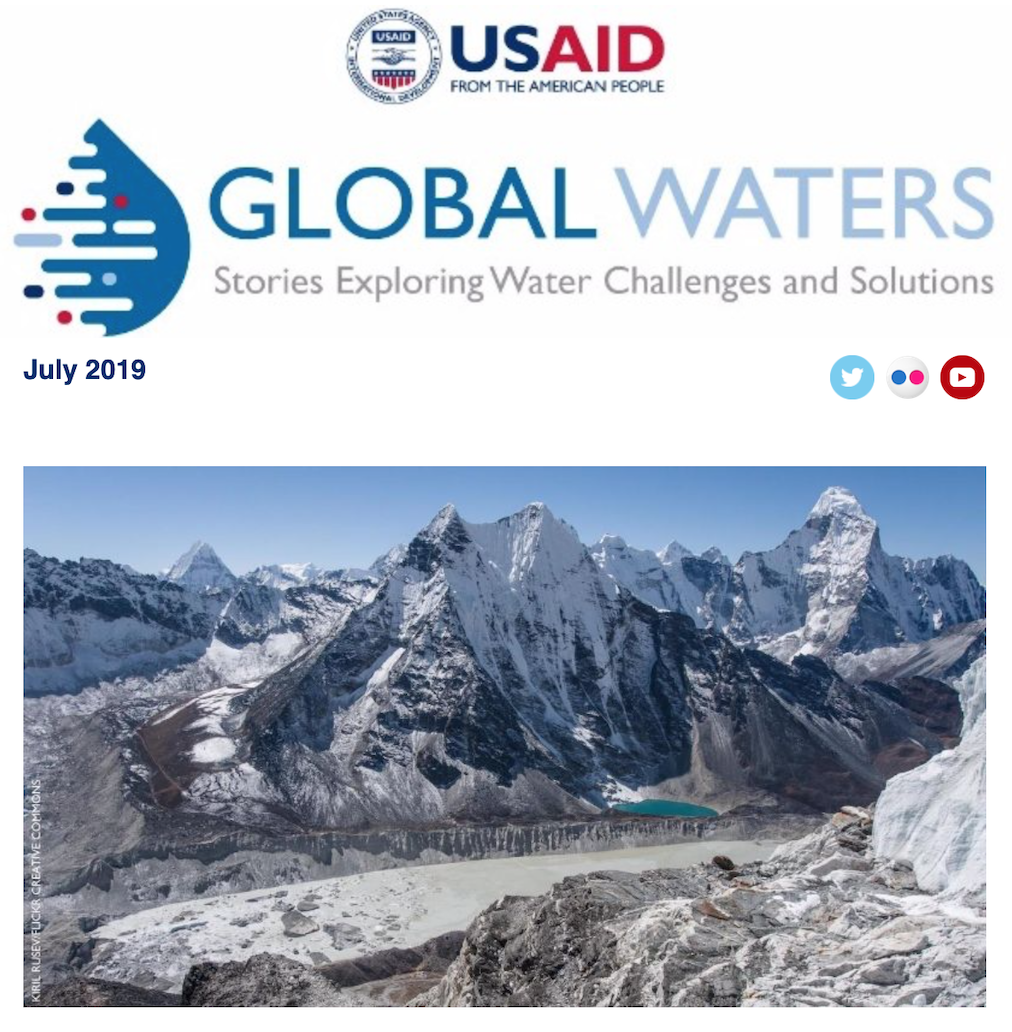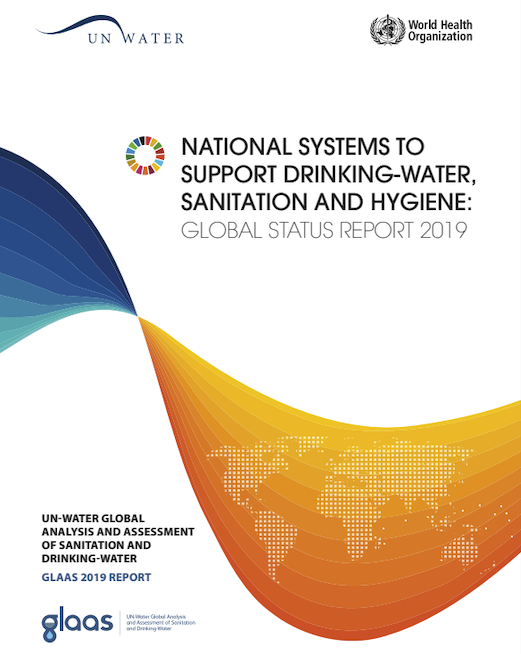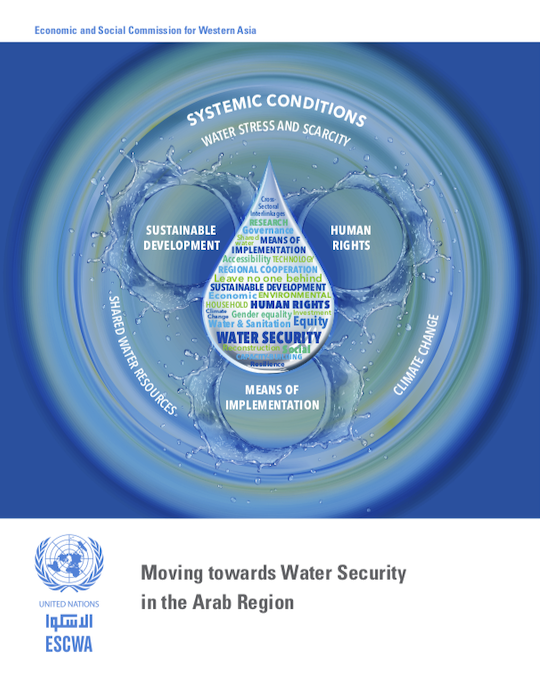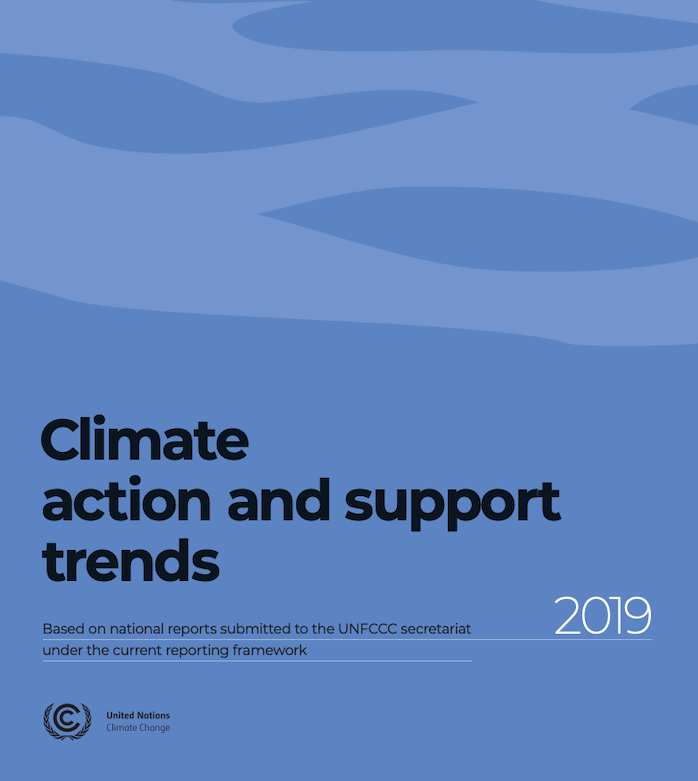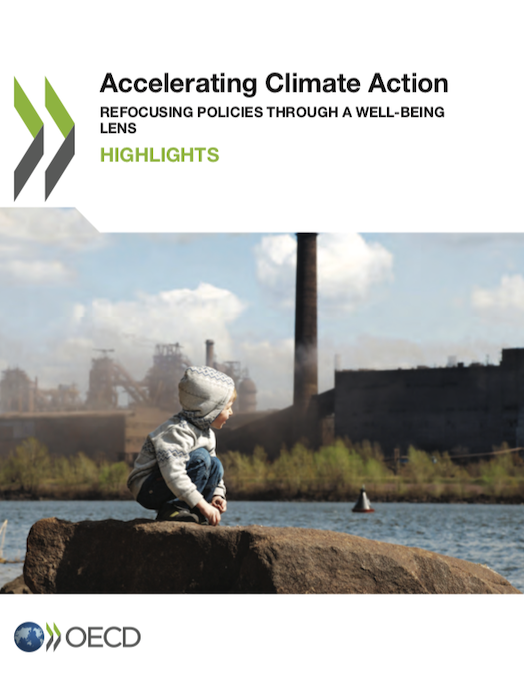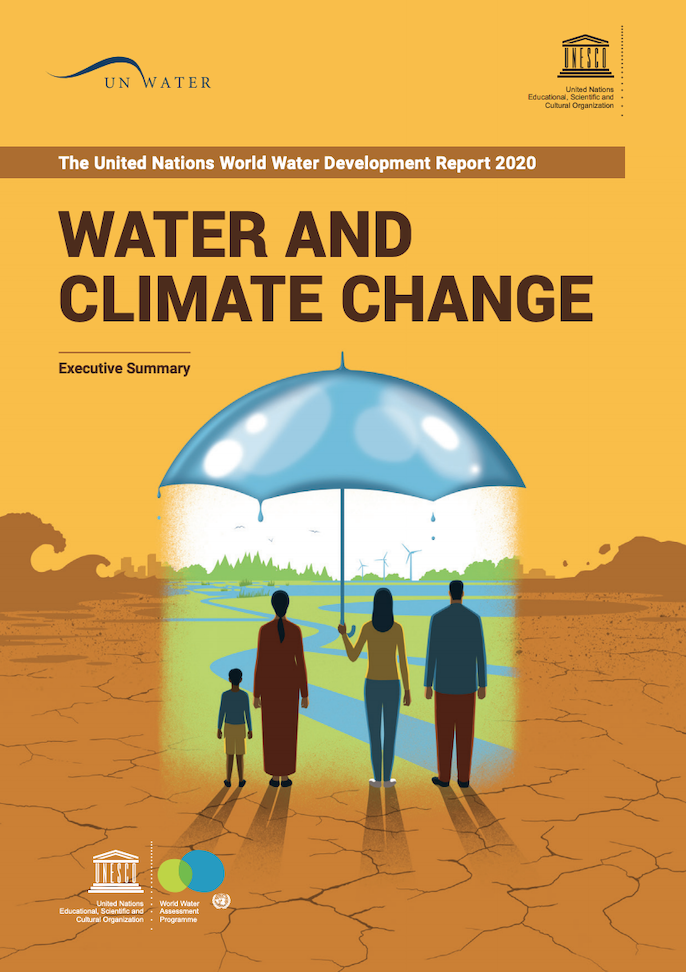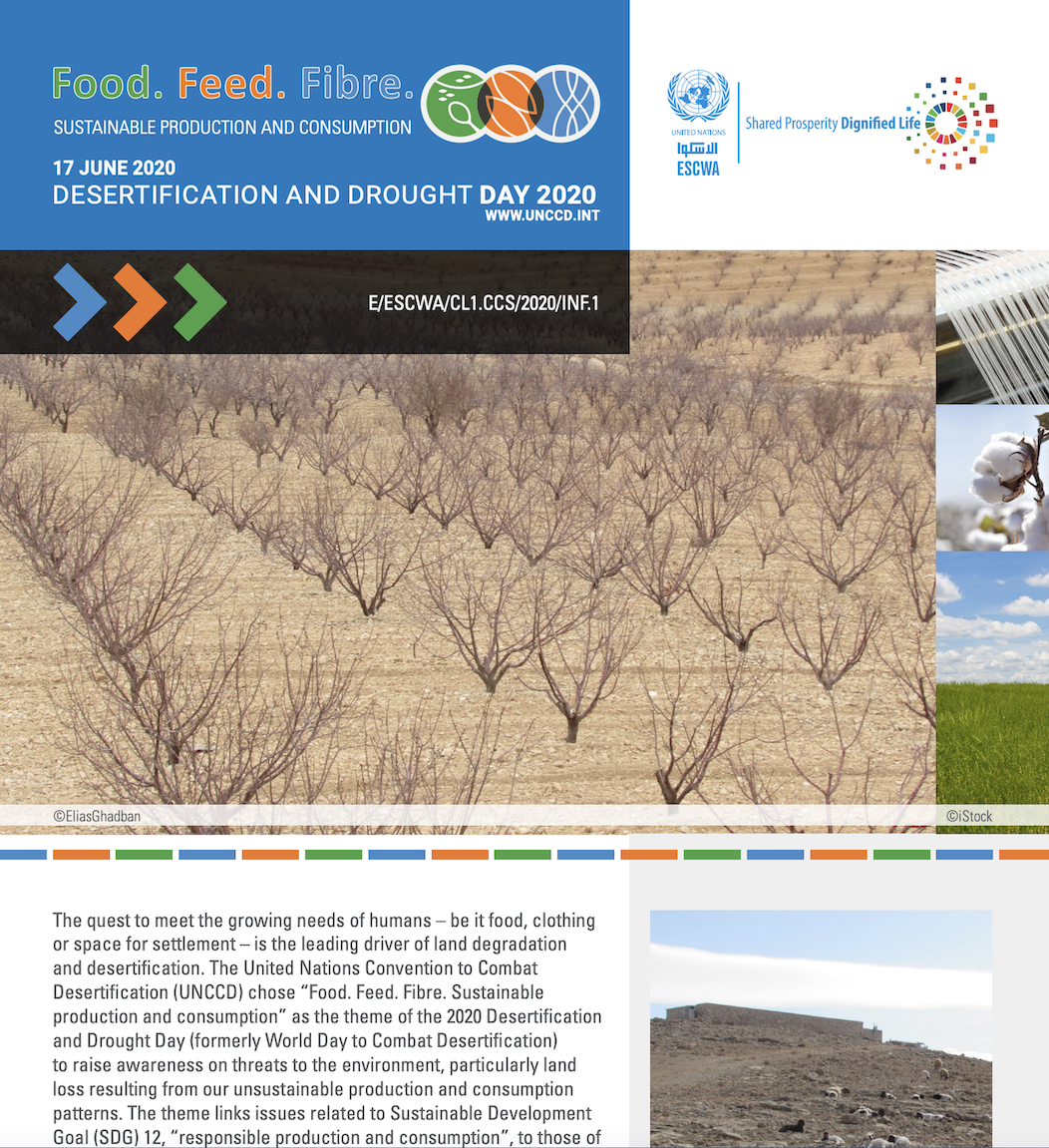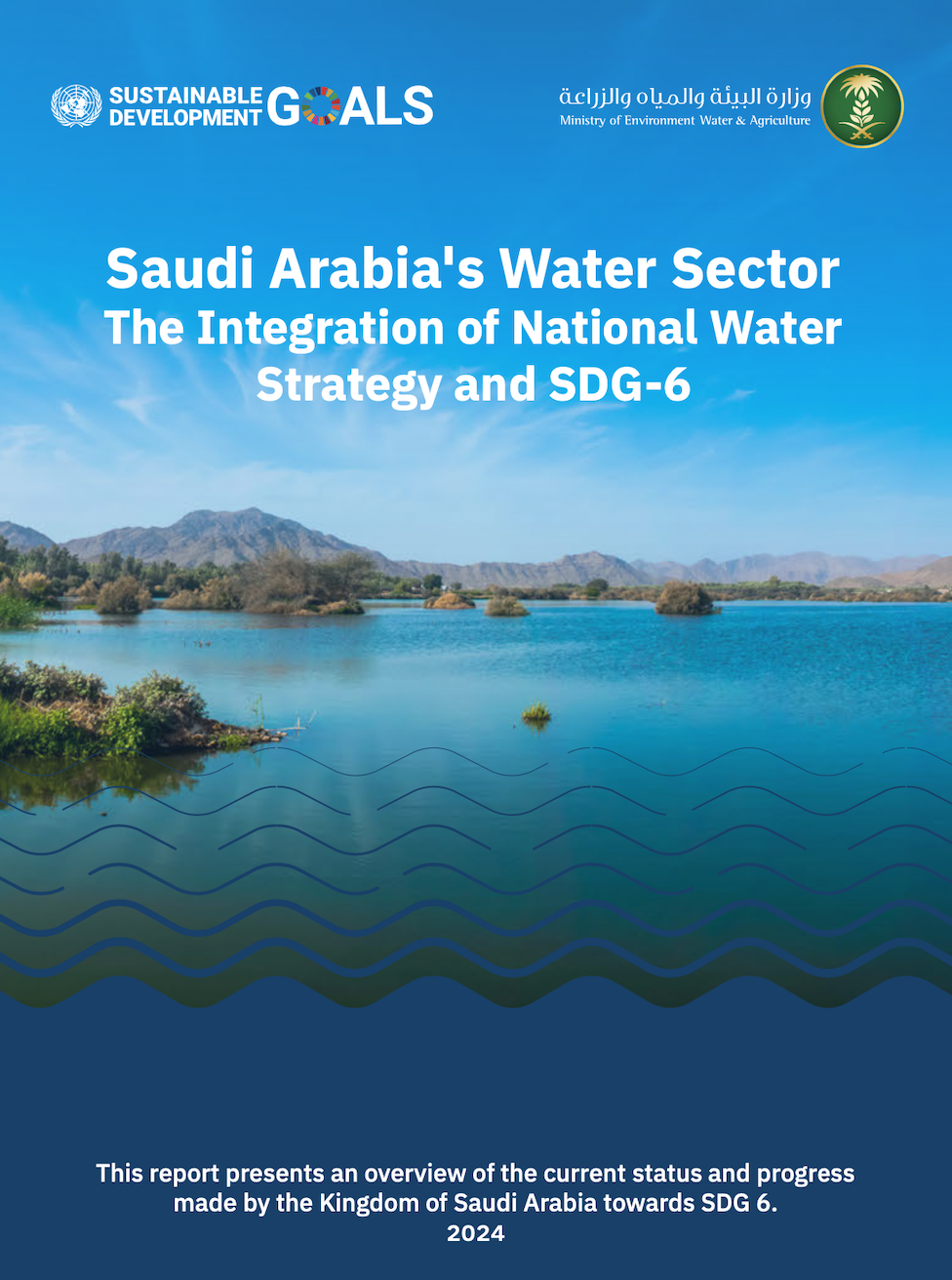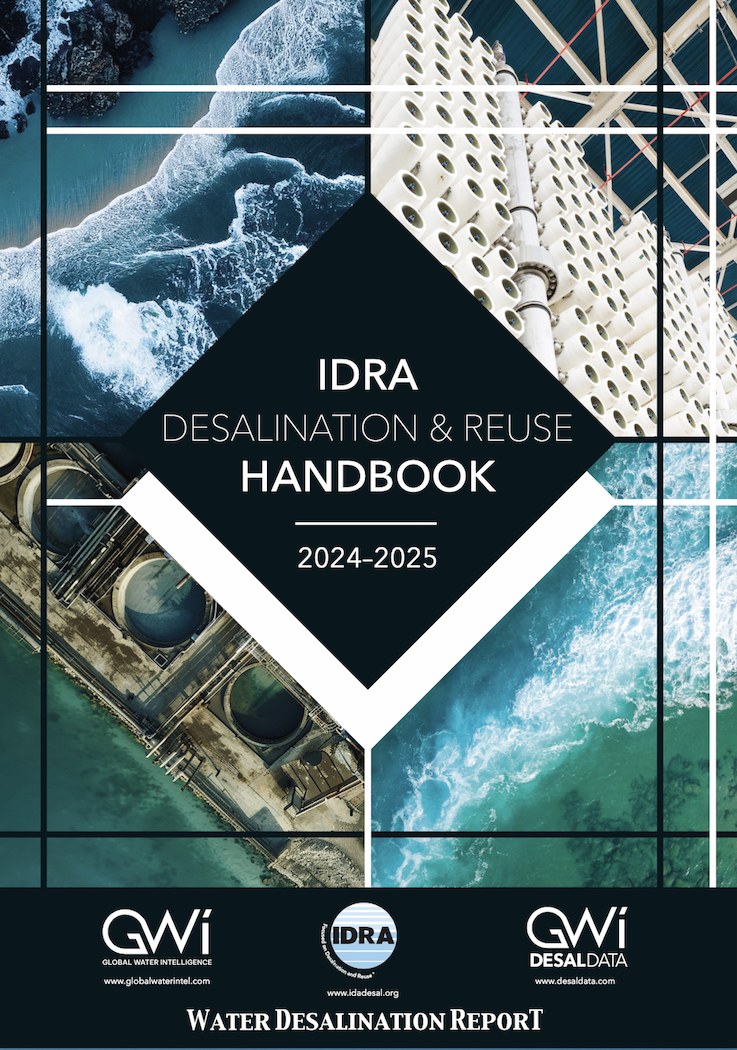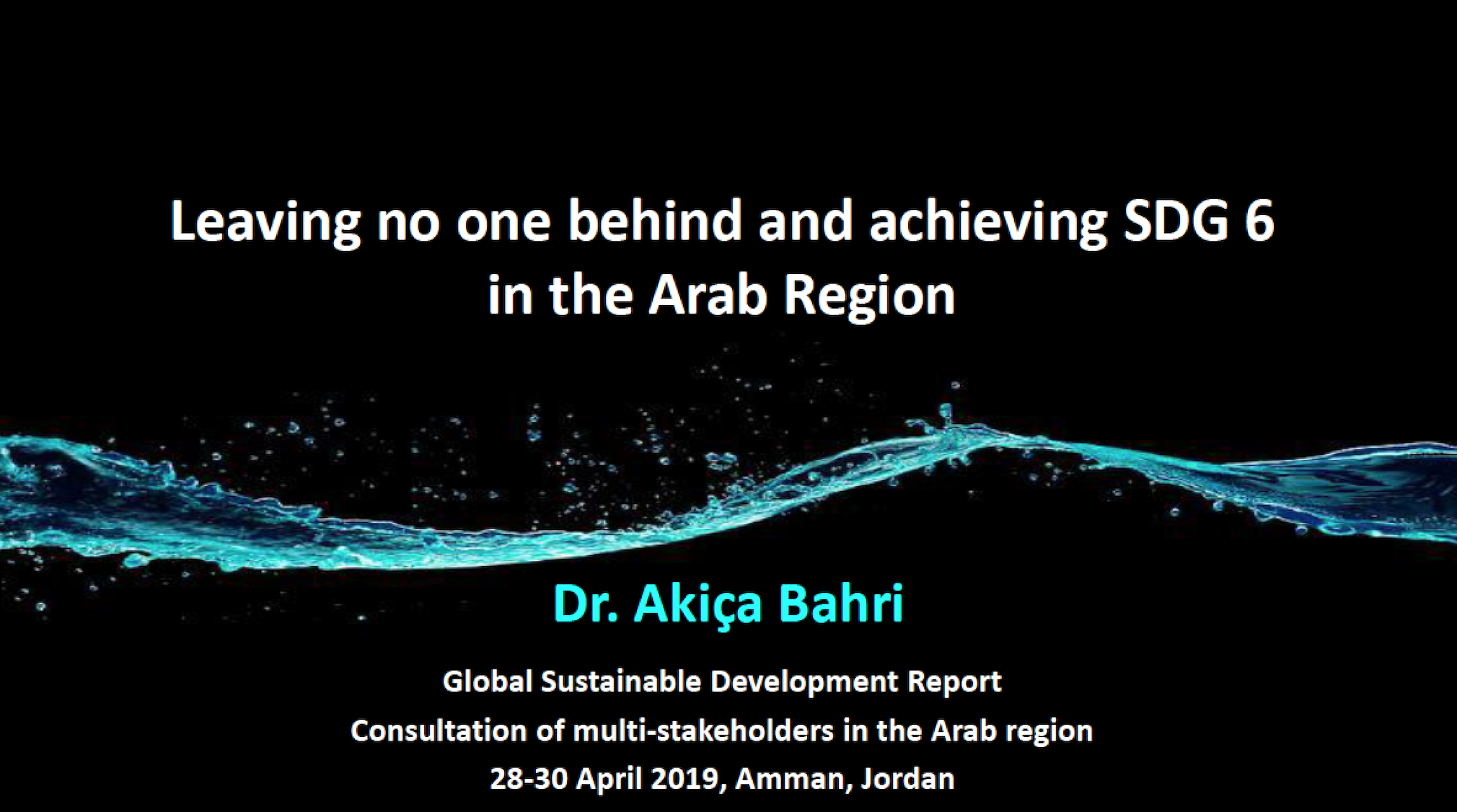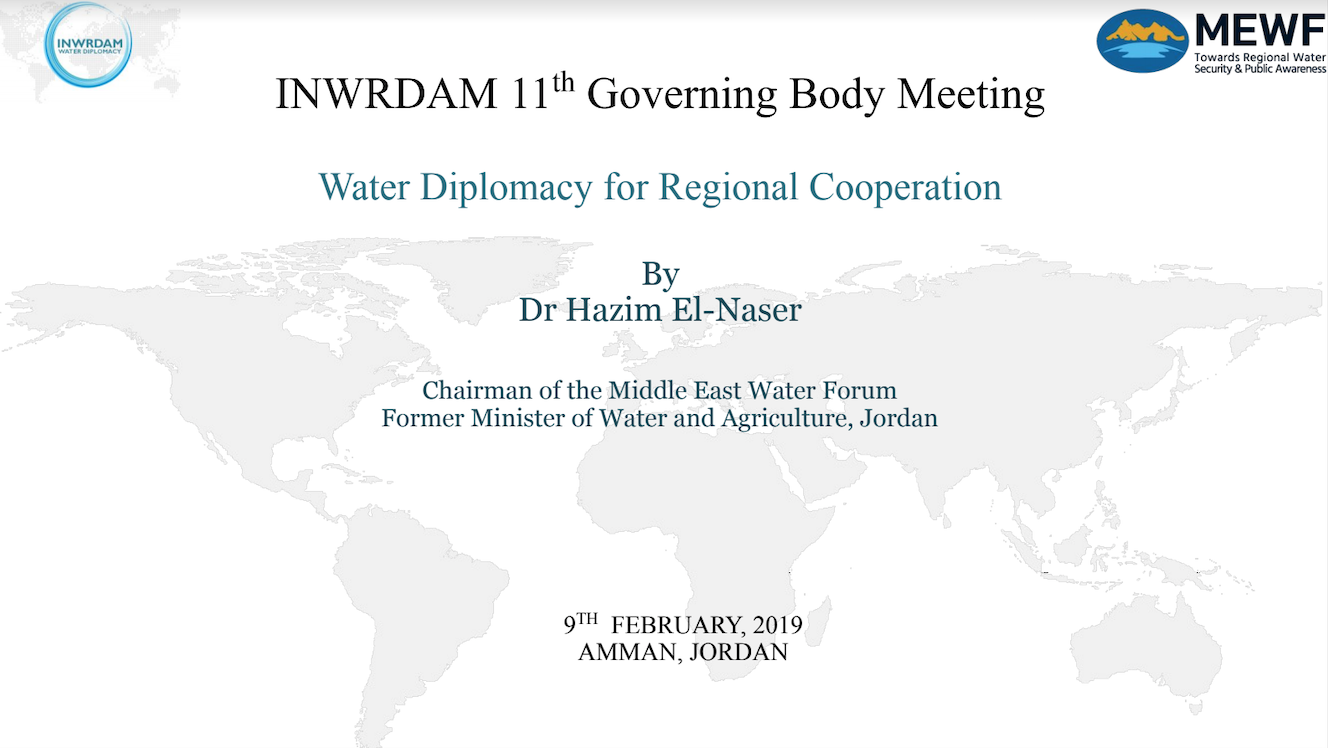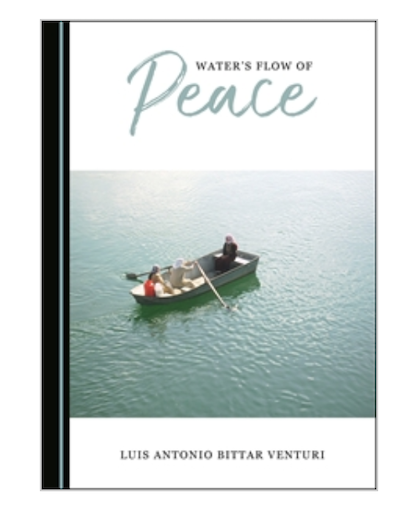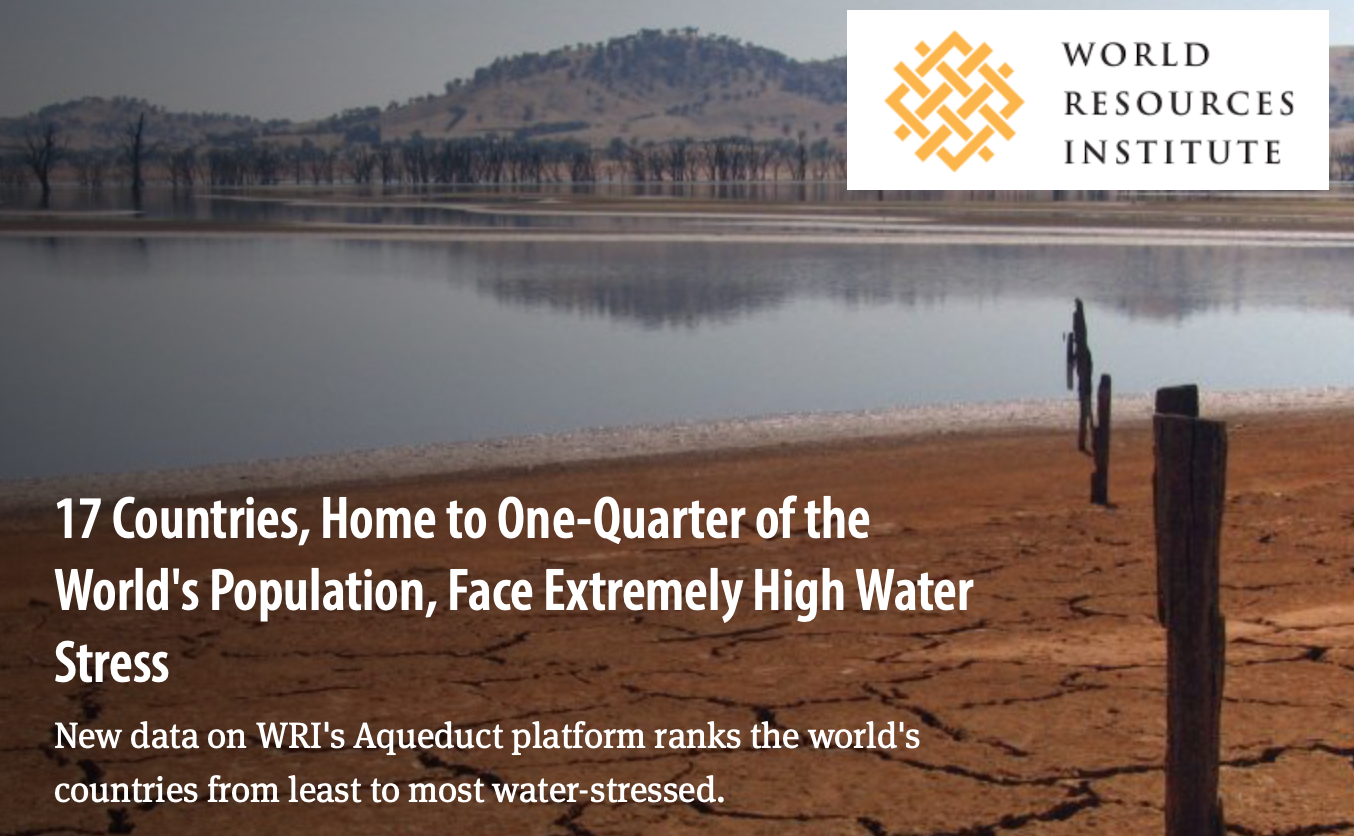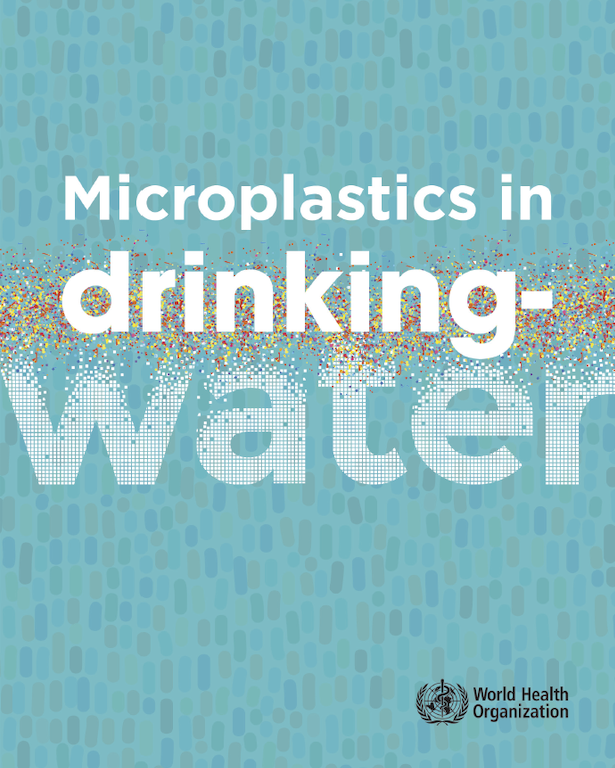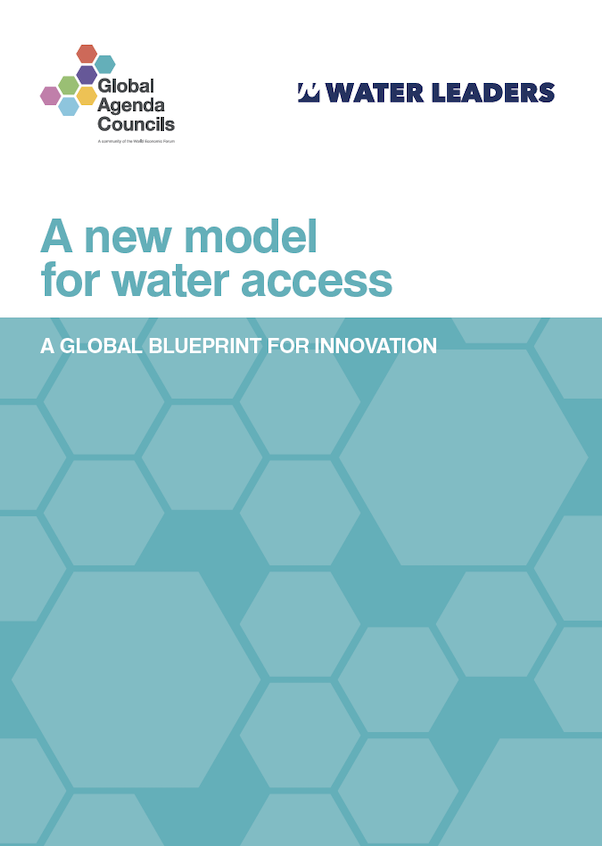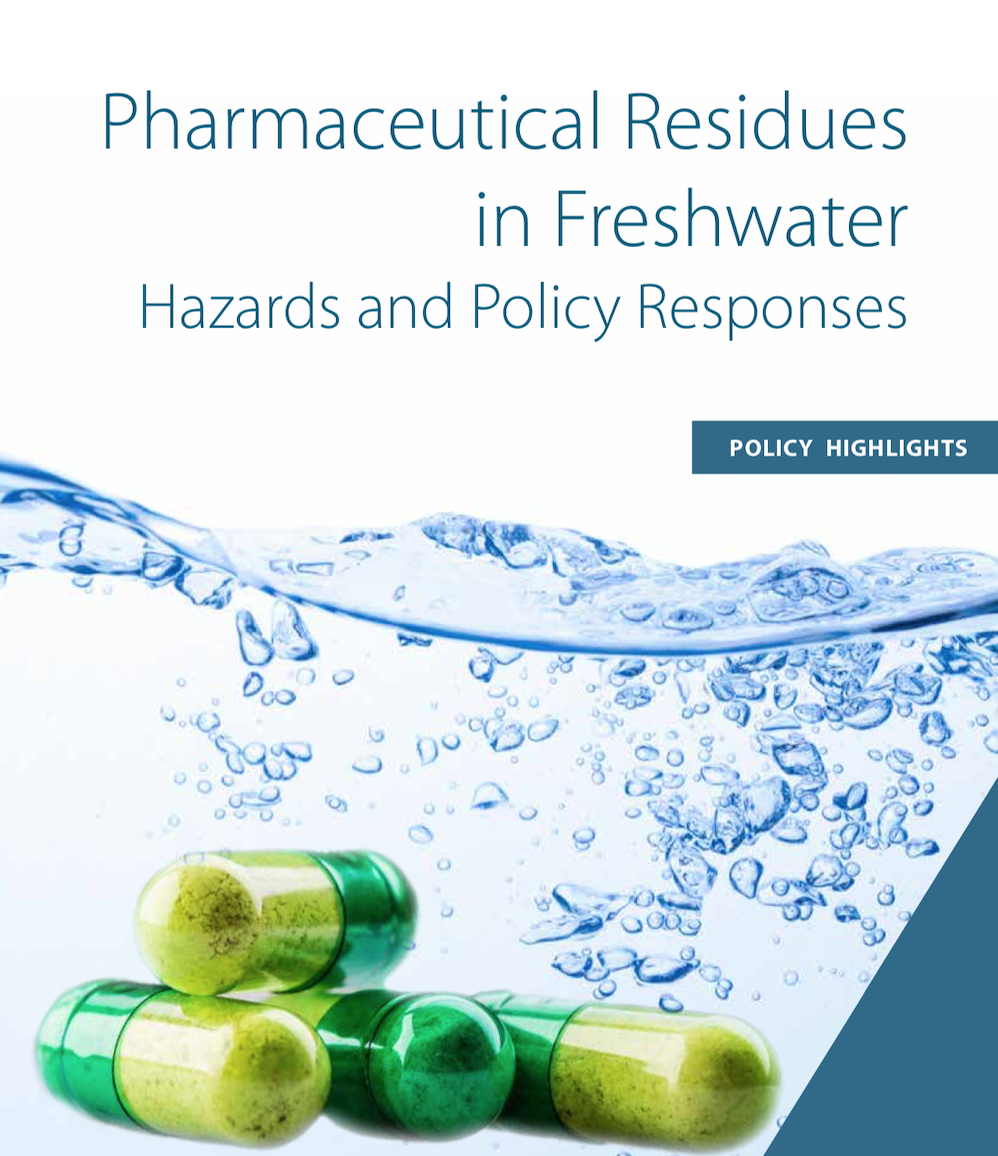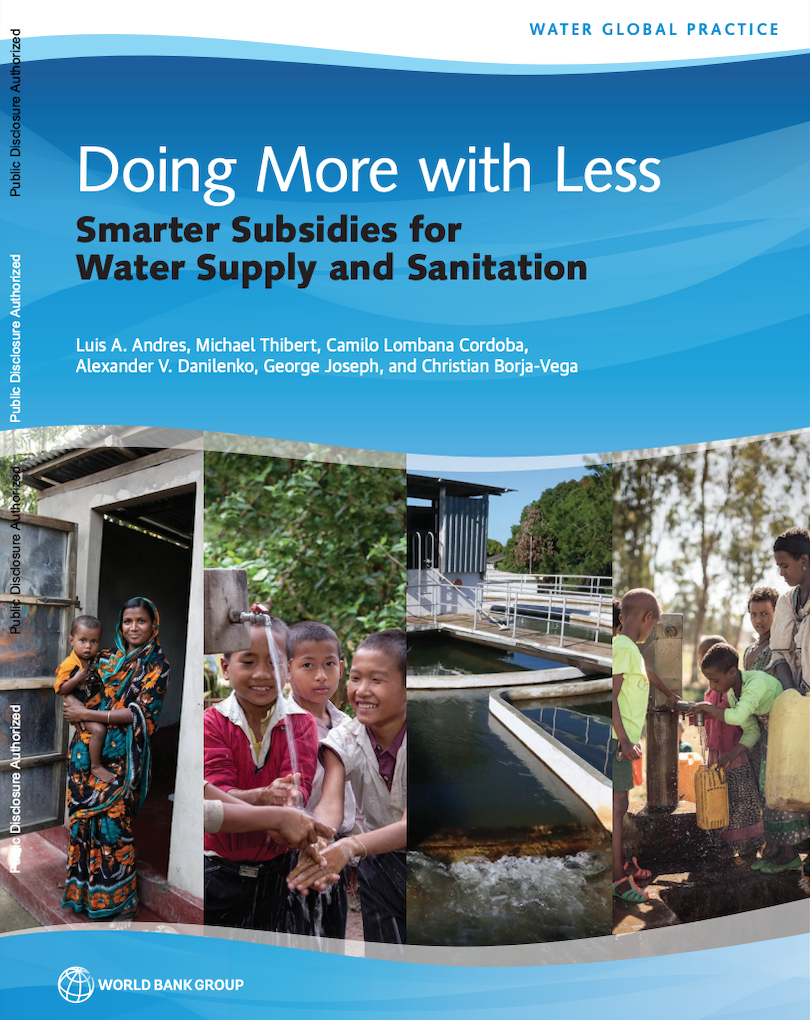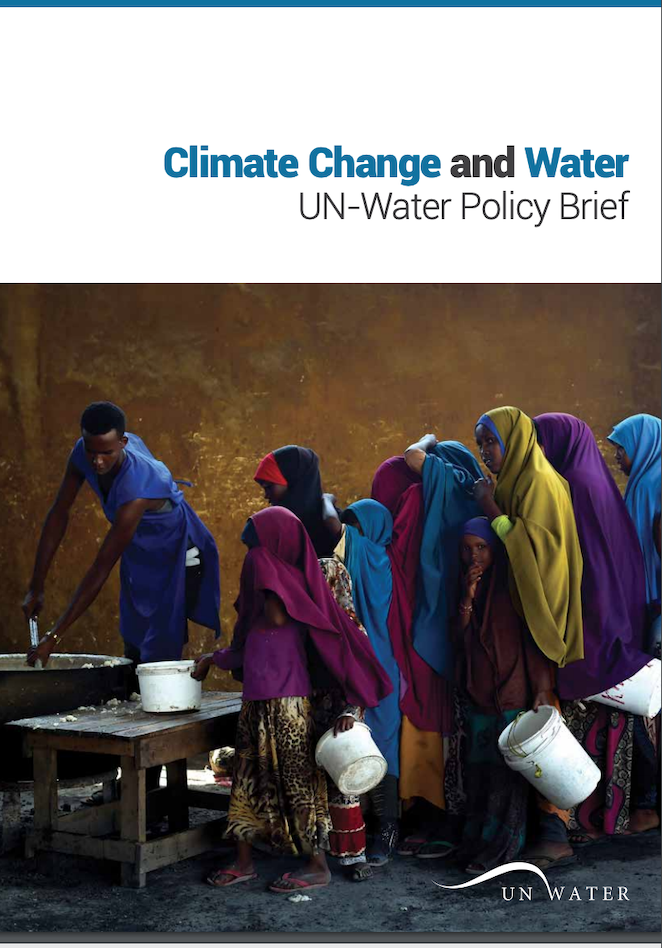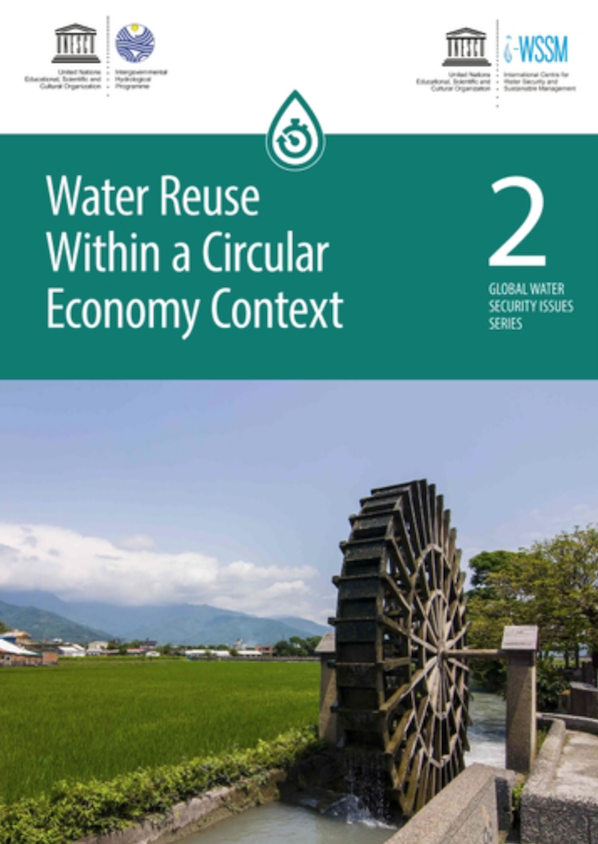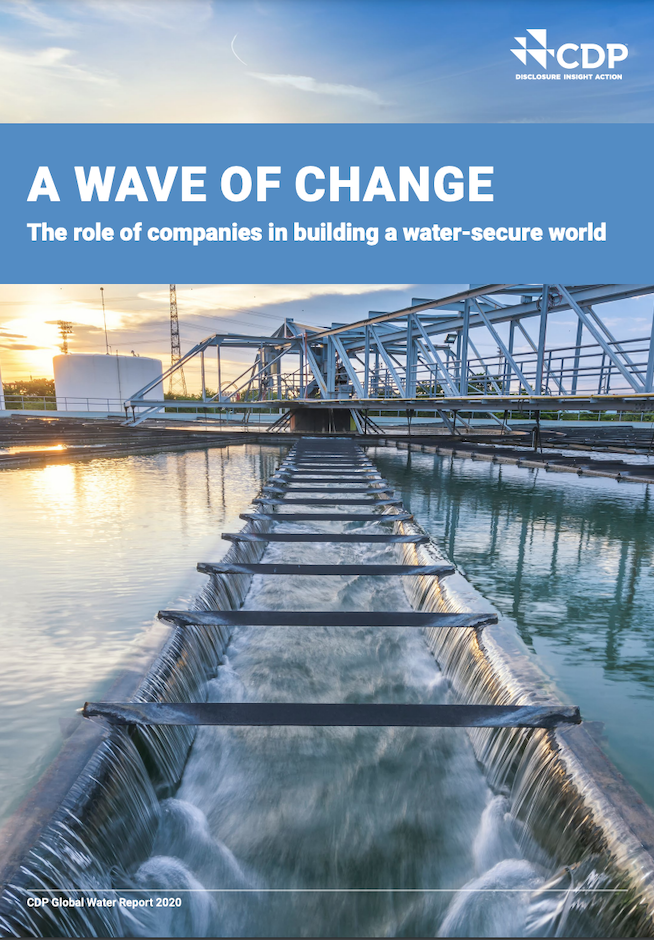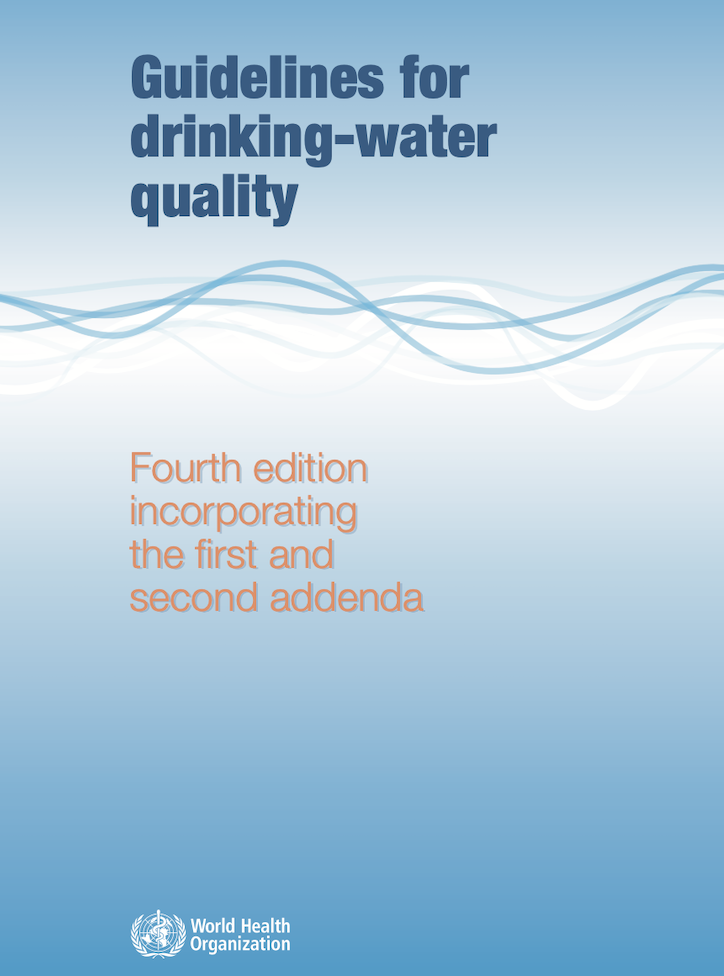
A recent report by the World Bank in the Middle East and North Africa region, highlighted that even though the MENA region has witnessed extraordinary social and political upheaval, with women often on the frontlines of popular action driving change, the position of women remains restricted in many countries. The region continues to have the lowest female workforce participation rate of any global region and one out of three young Arab women is unemployed in the Middle East, compared with eight out of ten young men.
While women in the region continue to be held back by cultural and constitutional constraints, many are being well-educated. Today, there are more Arab women serving in private company’s boardrooms, political cabinets and the regional media than ever before.
 maysoon
maysoon
• إن مشاركة المرأة في عمليات بناء السلام تعزز من قدرة صانعي السلام؛ ذلك أن النساء يمثلن الطرف الاكثر تمثلاً للواقع الاجتماعي أثناء وبعد فترة النزاع، والاكثر اطلاعا على الاحتياجات الملحة التي تطرحها ظروف الحياة غير المستقرة في ظل المعاناة التي تفرضها الحرب؛ ومن ثم تُطرح مسألة إدراج النساء في عمليات بناء السلام وتمكينهن من المشاركة في المفاوضات لتحقيق مفهوم العدالة االاجتماعية والمساواة، والتمكن من الوصول إلى نتائج وأهداف تمس الاحتياجات الفعلية المطروحة من قلب الواقع المعاش.
• تعتبــر المــرأة عنصــرا أساســيا فــي اســتخدام الميــاه وحفظهــا علــى أســاس يومــي وفــي كل أنحــاء العالــم. إن ضمــان حصــول المــرأة علــى قــدم المســاواة علــى مــوارد الميــاه والمشــاركة فــي صياغــة سياســات واســتراتيجيات الميــاه أمــر بالــغ الاهمية، حيث ان المراة أسرع استجابة مع الأزمات المتعلقة بقضايا ندرة المياه.
 maysoon
maysoon
 maysoon
maysoon
 salah-albaderi
salah-albaderi
مع كل الاحترام
 thawab-belghiti
thawab-belghiti
 mariim-alfahim
mariim-alfahim
women’s voices must be heard at
national and international levels if global equity is to prevail in a water-scarce world.
That is 100% true!
 dr-hazim-el-naser-1
dr-hazim-el-naser-1

